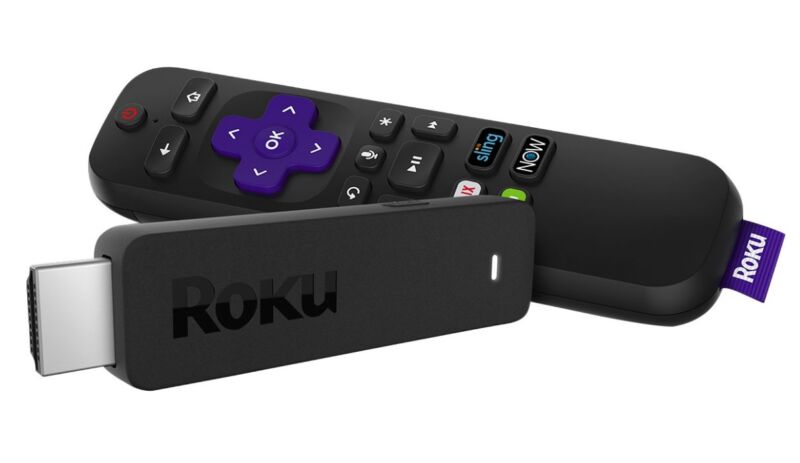
Roku and Google have arrived at a multi-year deal that will keep the YouTube and YouTube TV apps available on Roku’s devices, Roku announced on Twitter this morning. The agreement comes months after the YouTube TV app was pulled from the Roku Channel Store and just one day before the regular YouTube app would have been removed from the store.
Specific terms of the deal haven’t been announced, including how many years “multi-year” means and whether Roku will begin adding decoding support for the AV1 video codec to its hardware. We also don’t know whether the $65-per-month YouTube TV service will return to the Roku store as its own dedicated app or if it will continue to be rolled into the main YouTube app, as it has been since Google added it there to sidestep Roku’s restrictions in May.
Support for the AV1 codec has been one of the major sticking points between the two companies. The YouTube and YouTube TV apps use AV1 (which is backed by Google, among other companies) to deliver compressed 4K and 8K video streams. But because streaming devices tend to use slower, cheaper processors, they rely on dedicated video decoding hardware to be able to actually decompress and display those video files, and while most of these devices support the commonly used H.265/HEVC codec for high-resolution video streams, fewer support the royalty-free AV1 codec.
Roku has said that adding AV1 support to its devices would “increase consumer costs,” and requiring it for YouTube and YouTube TV support would effectively allow Google to dictate which chips Roku uses in its own products. Google has also accused Roku of using its position in the streaming-device market to secure more favorable terms (Roku’s devices account for a plurality of all streaming in North America, though its market share is lower in other regions). The YouTube and YouTube TV apps may not be able to stream high-resolution video on devices without AV1 support, though having those apps available in Roku’s store in any capacity is probably better for both companies than allowing them to be pulled entirely.
https://arstechnica.com/?p=1818806

